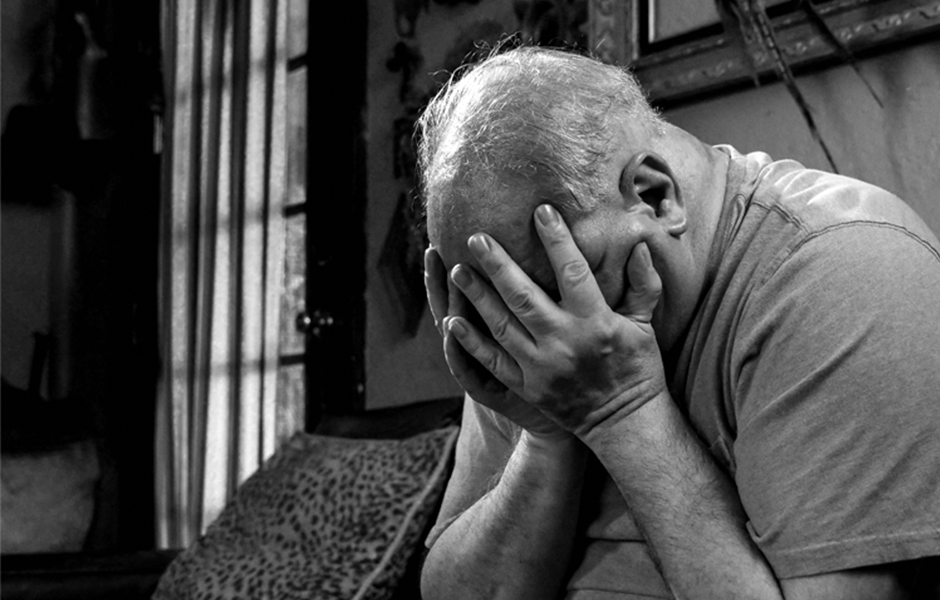Symptoms of depression and anxiety and cognitive changes are clinical manifestations that a group of researchers from CINTESIS – Center for Health Technology and Services Research at the Faculty of Medicine of the University of Porto (FMUP) and the University Hospital Center of São João (UHCSJ) detected in patients recovered from severe COVID-19 states, who had been followed-up for up to one year after hospital discharge.
In the post-discharge evaluation of a group of patients who were admitted to the Intensive Care Unit of the UHCSJ, it was noted that more than a fifth – 23 and 21%, respectively – of the survivors presented depressive and anxious symptoms, while 19% had cognitive alterations.
This initial follow-up took place, on average, 63 days after discharge, in a universe of almost 200 patients, with an average age of 61 years, mostly men (67%) and married (74%).
Throughout their stay in intensive care, 30% of the patients developed delirium (acute confusional state) and more than half required deep sedation, with an average duration of 27 days. About 53% even required invasive mechanical ventilation for an average of 33 days.
According to the researchers, it is expected that a considerable percentage of these patients will develop post-intensive care admission syndrome.
“This condition is characterized by the onset or worsening of physical, cognitive and/or psychiatric complications, which may persist months to years after discharge, hindering the recovery of these patients,” explains Lia Fernandes, a researcher at CINTESIS.
As the psychiatrist and main researcher reveals, “the contingencies imposed by hospital protocols adapted due to COVID-19, such as the prohibition of visits, have increased the complexity associated with these factors, increasing the risk of neuropsychological consequences”.
According to the authors, these patients should be routinely screened during hospitalization and after discharge, “encouraging the implementation of follow-up approaches in order to minimize the associated adverse consequences”.
This study was developed within the scope of the project entitled “MAP – Mental Health in critically ill patients COVID-19: Implementation of an Active Monitoring and Post-Discharge Support Program”. The project aims to enable a rapid implementation program for monitoring and support of critically ill patients COVID-19, allowing to anticipate their psychological and cognitive needs, reducing the long-term impact on the patient, family, society and the NHS.
Along with Lia Fernandes, researchers José Artur Paiva, Isabel Coimbra, Sónia Martins, Ana Rita Ferreira, Liliana Fontes, Joana Fernandes, Tatiana Vieira and António Braga also participated in this study.

